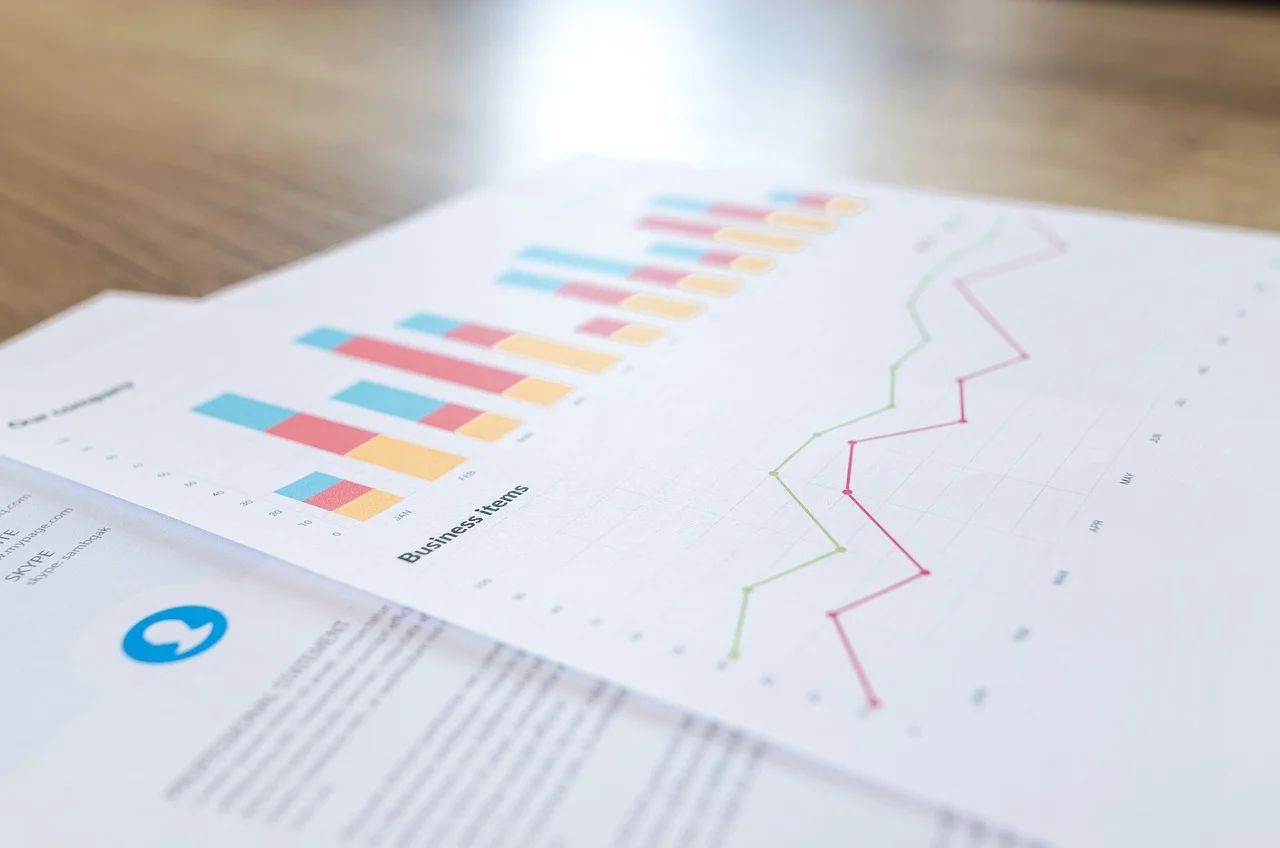Japan’s central bank has just revealed its plan to purchase 5-to-10-year government bonds. This decision comes in response to a significant increase in the interest rates on government debt, which is now at its highest level in ten years. This announcement has had an impact on the value of the Japanese yen (JPY), and experts are speculating that if the central bank continues to buy bonds, it could further weaken the currency.
The Bank of Japan (BoJ) Plans to Purchase Additional Bonds This Week as Japanese Bond Yields Reach Their Highest Levels in a Decade.
On Monday, the Bank of Japan (BOJ) announced its latest plan to buy more government bonds this week in an effort to bring down interest rates, which have reached their highest levels in a decade. The interest rate on the benchmark 10-year government bond reached 0.775% on Monday, a level not seen since 2013, and the yields on Japan’s 20- and 30-year bonds are also at similarly high levels.
The increase in Japan’s government bond yields is due to speculation that the BOJ may end its very loose monetary policy, while the U.S. Federal Reserve is expected to keep interest rates relatively high. To counteract this, the Japanese central bank has already conducted three unscheduled bond-buying operations since July to control interest rates after pushing them up through policy adjustments.
To slow down the rise in interest rates, the BOJ will purchase additional amounts of 5-to-10-year government bonds on October 4th.
Analysts Caution that Increased Bond Purchases Might Hasten the Decline of the Yen.
Japanese bonds have been facing some challenges recently, mainly because the Bank of Japan (BOJ) has been discussing the possibility of ending its negative interest rate policy. This approach, which is aimed at stimulating economic activity, has been negatively affecting the value of the yen.
On Monday, the yen continued to lose value following the BOJ’s announcement. It reached its lowest level since October 2022, raising concerns that Japan might step in to support its currency by intervening in the foreign exchange market.
Furthermore, analysts are cautioning that the BOJ’s plans to buy more bonds could further weigh down the yen. Masayuki Koguchi, the executive chief fund manager at Mitsubishi UFJ Asset Management, pointed out that “additional operations could speed up the yen’s depreciation” by keeping bond yields from rising.
Last week, Japan’s finance minister, Shunichi Suzuki, issued a warning when the yen crossed the 149 mark against the US dollar, suggesting the possibility of market intervention. Currently, the USD/JPY pair is trading at 149.7, approaching a one-year high of 150.1.
The decline in the value of the yen over the past year and a half can be mainly explained by the big difference in the way Japan’s central bank, the BOJ, has been managing its monetary policy compared to other central banks around the world. While central banks globally have been raising interest rates since March 2022 to combat exceptionally high inflation, the BOJ has stuck with its more lenient approach during that time. This divergence in policies has put downward pressure on the yen’s value relative to other currencies.





